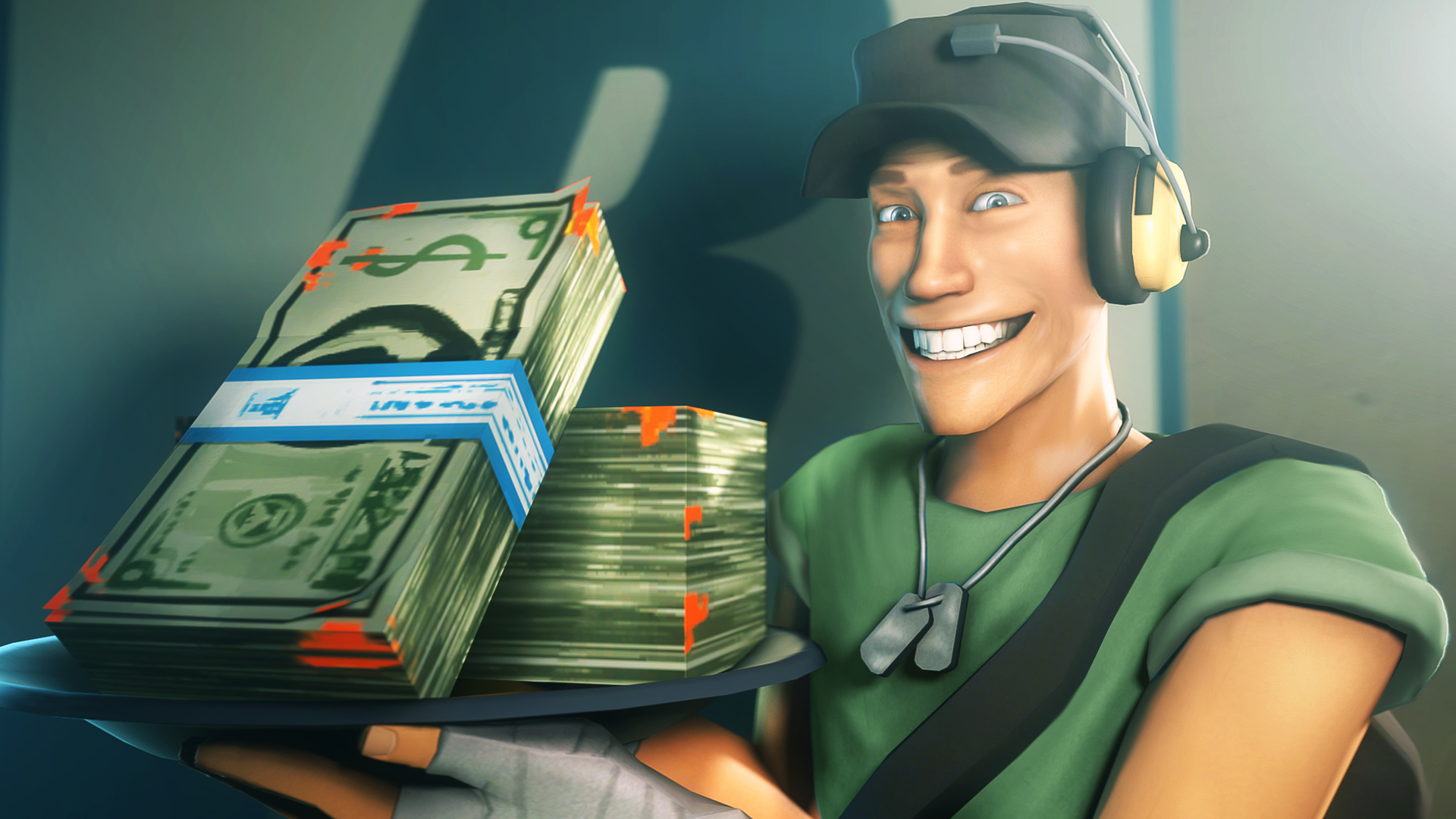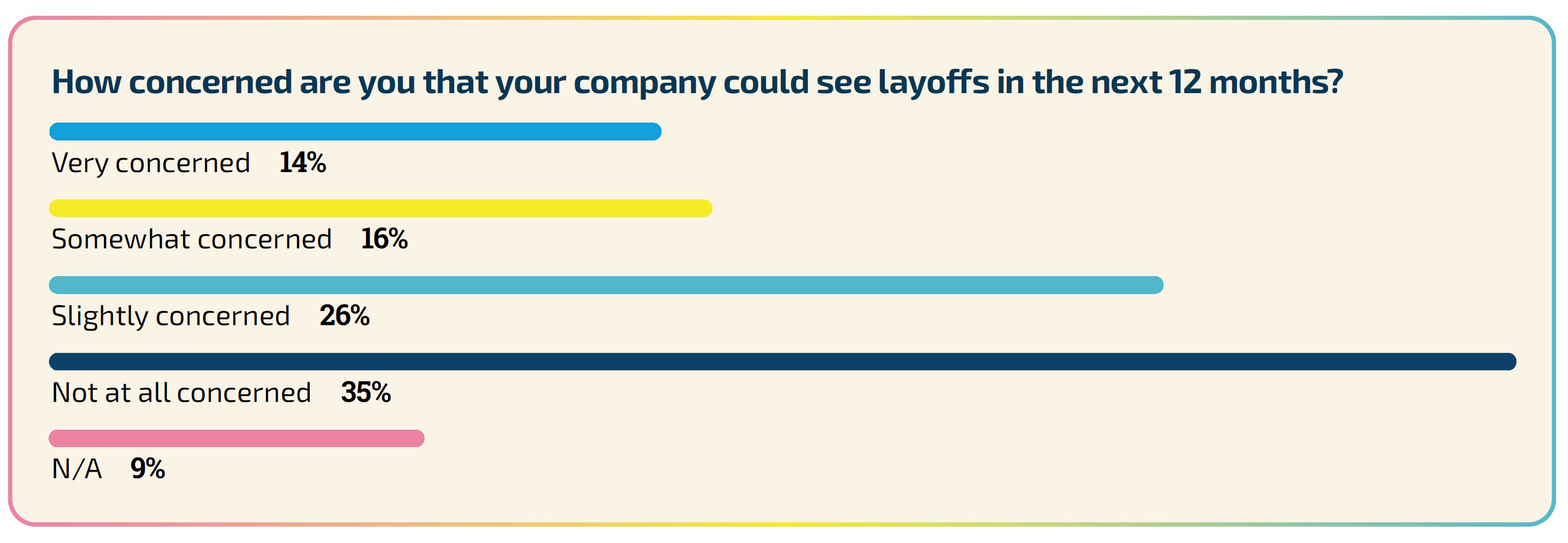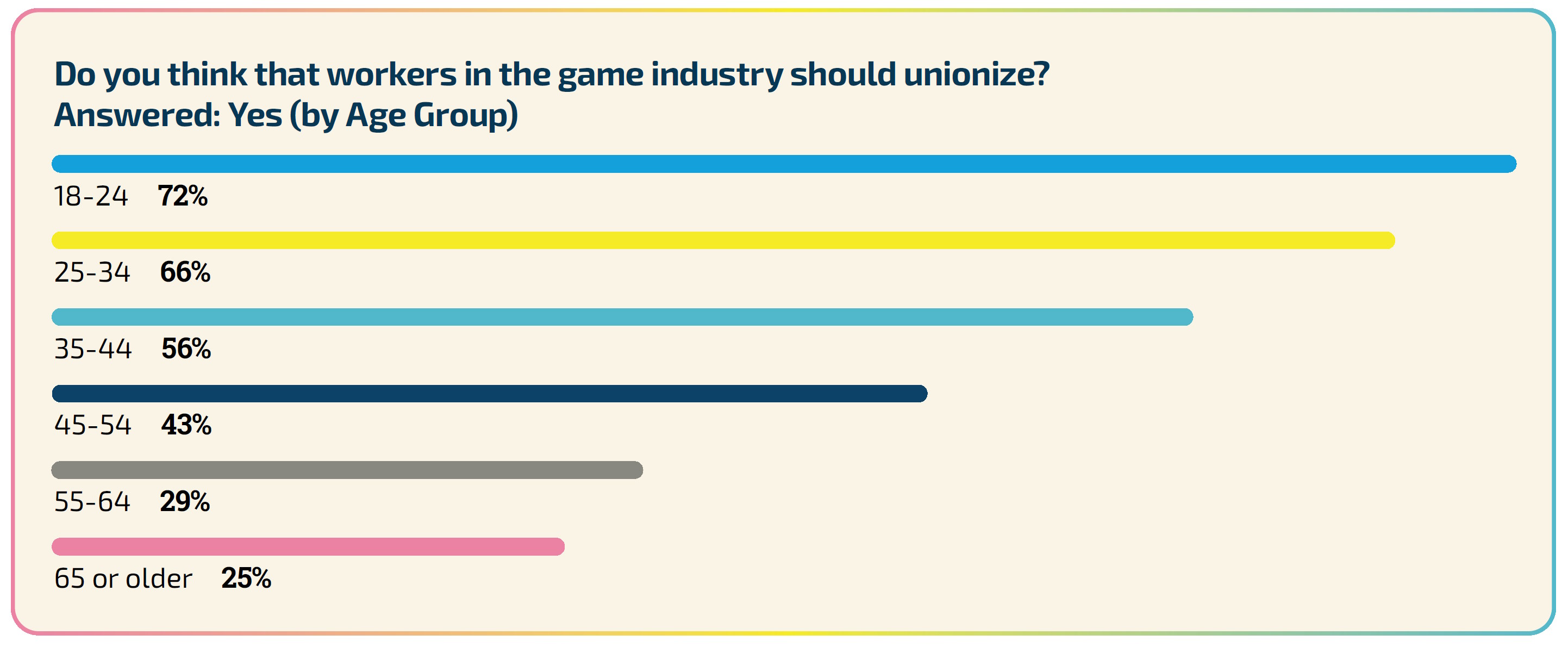Game developers are growing more opposed to major acquisitions: 'Too much control in one company's hands is never a good thing'
The 2024 GDC State of the Game Industry survey reflects a growing rise in concerns about consolidation.

The last couple of years have seen some blockbusters deals in the games industry. Microsoft's acquisition of Activision Blizzard is obviously the biggest of them all, but Sony's buyout of Bungie is up there too, and even (relatively) smaller deals, like NetEase's purchase of Quantic Dream or Nacon's takeover of Daedalic, can't be overlooked. And while we on the outside can debate the relative merits of this industry consolidation, GDC's latest State of the Game Industry survey indicates that it's making people who actually work in the business a little nervous.
In 2023, the first year developers were asked their thoughts about industry consolidation, 17% of respondents said they believed "major acquisitions" like Microsoft's takeover of Activision would have a positive impact on the industry. By comparison, only 5% shared that opinion in 2024. The percentage who said these acquisitions will have a negative impact held roughly steady—43% this year, versus 44% in 2023—while those who feel it will have no meaningful impact either way shrunk from 7% in 2023 to just 2% in 2024.
That shift in attitude is understandable. 2023 was a brutal year for layoffs in the games industry, and 2024 has yet to show any signs of being better. Many of those cuts have been laid at the feet of over-aggressive expansion during the early days of the Covid-19 (of course, for the most part the executives who made those decisions still have jobs) but one respondent pointed out the particular egregious case of Embracer Group, a Swedish holding company that ballooned into a gaming behemoth through a multi-year acquisitional rampage, only to put hundreds of people out of work and close multiple studios when a single investment deal—a very big deal, yes, but still just one—fell apart.
"I think the recent Embracer fumbles sums it up," one respondent wrote. "Once a huge publicly traded company buys up large swaths of an industry, it will inevitably end up creating redundancies and placing innovative, more ‘exploratory’ studios in a position where they’ll never be seen as profitable enough for shareholders."
Another respondent shared similar but more pointed sentiments: "There’s a reason why antitrust laws were put in place. Consolidation of wealth and power inevitably breeds complacency and contempt for workers and consumers alike by executives and shareholders."
42% of respondents took a more middle-ground approach, saying major acquisitions will have a "mixed impact" on the business. Some survey respondents acknowledged that acquisitions are often an overall positive from a business perspective, but are also not always great for individual developers or games that don't have huge audiences.
"Obviously, there have been a great many layoffs, and the centralization of media under large umbrellas—as is happening with Disney as well—is not good for media because it creates a certain sameness," one respondent said. "Many products, all competing with the same risk aversions and pillars of creative values. Less room for maverick upstarts and interesting one-offs."
Keep up to date with the most important stories and the best deals, as picked by the PC Gamer team.
"It’s not great from a competition standpoint," another said. "However, as a small company just trying to make ends meet, there is an allure in making oneself desirable for acquisition, since it can take pressure off management and make money issues a lower priority in the short term."
Others focused more on the creative impact of consolidation: One person predicted that "AAA and corporate gaming will ossify and a new wave of 'triple-I' indies will emerge," leading to a "design renaissance" in the not-too-distant future, while another said smaller studios getting snapped up by bigger fish helps them "get a bigger audience and prevents franchises from disappearing."
That brings to mind comments by Xbox boss Phil Spencer, who said in the wake of Microsoft's acquisition of Activision Blizzard tha he's "all in" on the idea of bringing back old titles from Activision's back catalog—a sentiment he'd expressed a couple years earlier, when the buyout was first announced. How likely that is to happen remains to be seen.
Concern about the negative impact of acquisitions and consolidation was also reflected in a question about potential layoffs: Just over one third of respondents said they didn't think their company would see layoffs at some point over the next year.

Interestingly, the survey also reflected mixed attitudes about what individual developers can do to protect themselves from the negative fallout of big-biz deals. 57% of respondents said the industry should unionize, up slightly from the 53% who were favor of increased unionization in 2023, but that support was decidedly split along age lines: 72% of respondents aged 18-24 supported unionization, but that number declined steadily as age groups rose, to just 29% support among those aged 55-64.


Andy has been gaming on PCs from the very beginning, starting as a youngster with text adventures and primitive action games on a cassette-based TRS80. From there he graduated to the glory days of Sierra Online adventures and Microprose sims, ran a local BBS, learned how to build PCs, and developed a longstanding love of RPGs, immersive sims, and shooters. He began writing videogame news in 2007 for The Escapist and somehow managed to avoid getting fired until 2014, when he joined the storied ranks of PC Gamer. He covers all aspects of the industry, from new game announcements and patch notes to legal disputes, Twitch beefs, esports, and Henry Cavill. Lots of Henry Cavill.

